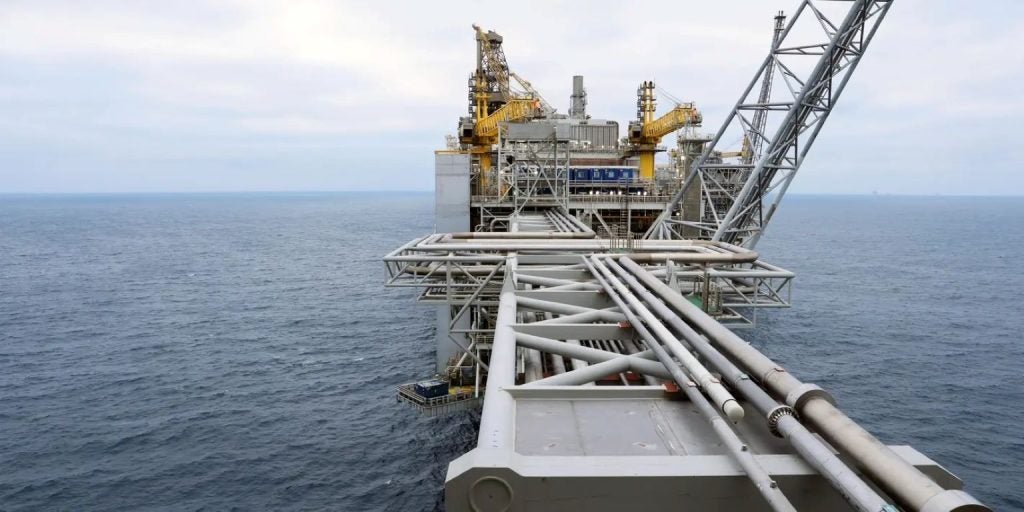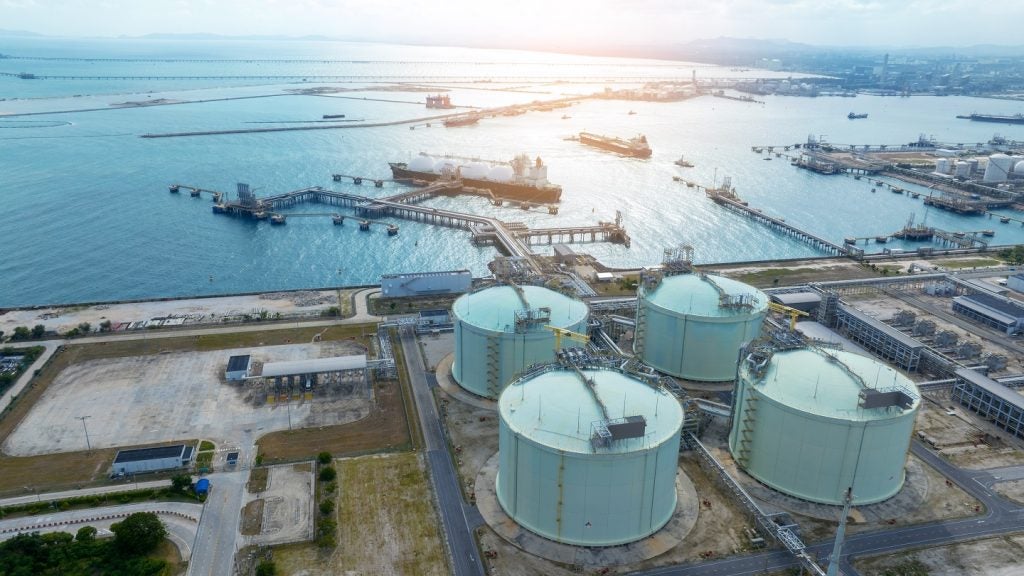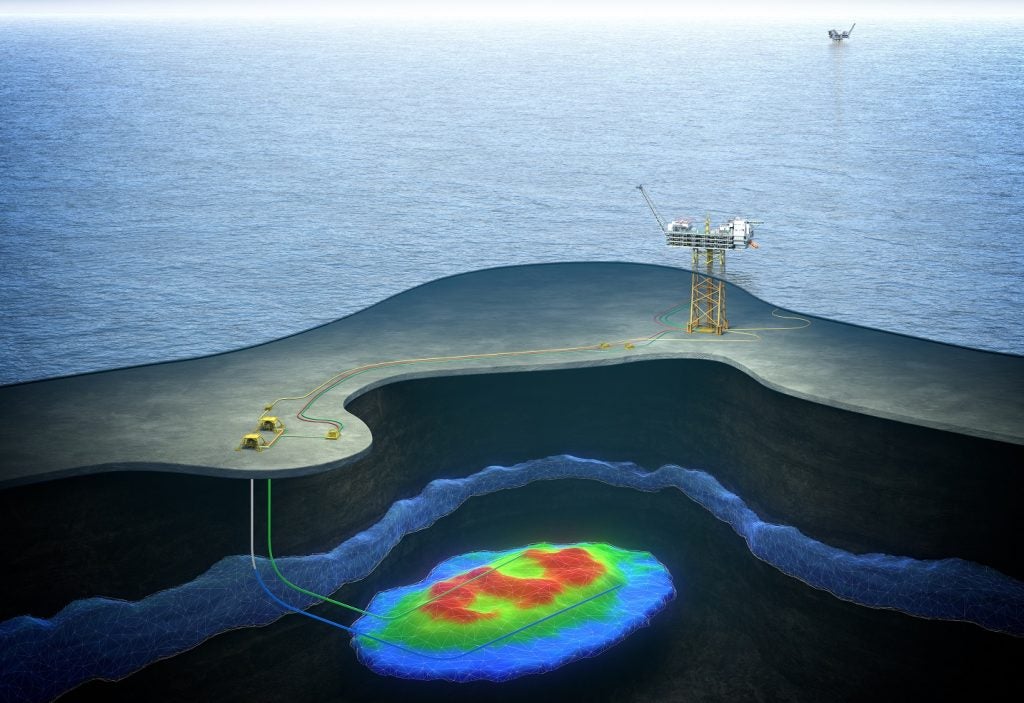Understand the impact of the Ukraine conflict from a cross-sector perspective with the Global Data Executive Briefing: Ukraine Conflict
The European Commission has agreed to double its natural gas imports from Azerbaijan in the next five years to reduce its dependence on Russian sources.
As per the memorandum of understanding (MoU), the EU’s natural gas imports will reach at least 20 billion cubic metres (bcm) annually by 2027 from Azerbaijan’s Southern Gas Corridor.
Europe’s concerns over a complete Russian gas cut-off were increased last week, following the start of scheduled maintenance of Russia’s Nord Stream 1 gas pipeline.
The European Commission said in a statement: “The MoU supports the creation of schemes to collect natural gas that would otherwise be vented, flared, or released into the atmosphere. Our cooperation will also be crucial to support Azerbaijan’s accession to the Pledge.”
See Also:
Azerbaijan has delivered 8.1bcm of natural gas to the EU in 2021 and will increase the supply capacity to 12bcm in 2022, the European Commission said.
How well do you really know your competitors?
Access the most comprehensive Company Profiles on the market, powered by GlobalData. Save hours of research. Gain competitive edge.

Thank you!
Your download email will arrive shortly
Not ready to buy yet? Download a free sample
We are confident about the unique quality of our Company Profiles. However, we want you to make the most beneficial decision for your business, so we offer a free sample that you can download by submitting the below form
By GlobalDataEU Commissioner for Energy Kadri Simson said: “The new Memorandum of Understanding underlines the strategic role of the Southern Gas Corridor in our diversification efforts.
“But our cooperation goes beyond that, accelerating the deployment of renewables and addressing methane emissions; these steps will both increase security of supply and help achieve our climate goals.”
In a separate development, Hungary is in deliberations with Russia for redirecting all of the Russian gas under long-term supply deals to the Turkstream pipeline, reported Reuters, citing Hungarian Foreign Minister Peter Szijjarto.
Hungary currently receives 32 to 33 million cubic metres of gas per day, of which half is secured through the Turkstream pipeline via Serbia.
Szijjarto was cited by the news agency as saying, in a video posted on Facebook, that the Russian gas supplies via the Turkstream pipeline show that the southern route is the ‘most stable, predictable, and secure’.
Szijjarto said: “This is why there are talks underway about redirecting all the gas shipments arriving within the framework of the long-term Russian gas supply deal to the southern route, as we can see that the uncertainty on the western pipelines reduces the amount of gas arriving from Austria under the long term supply deal.”






